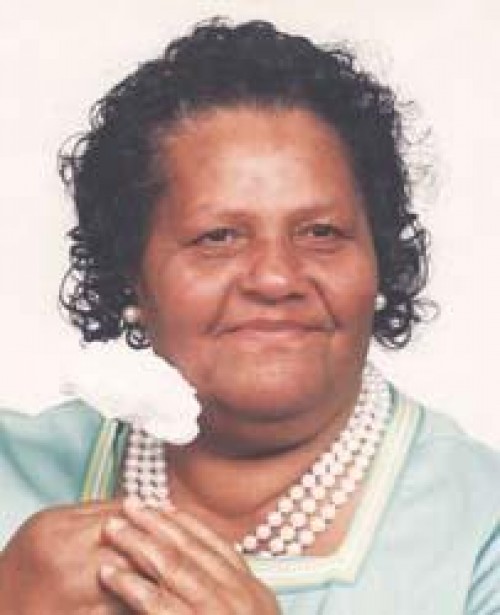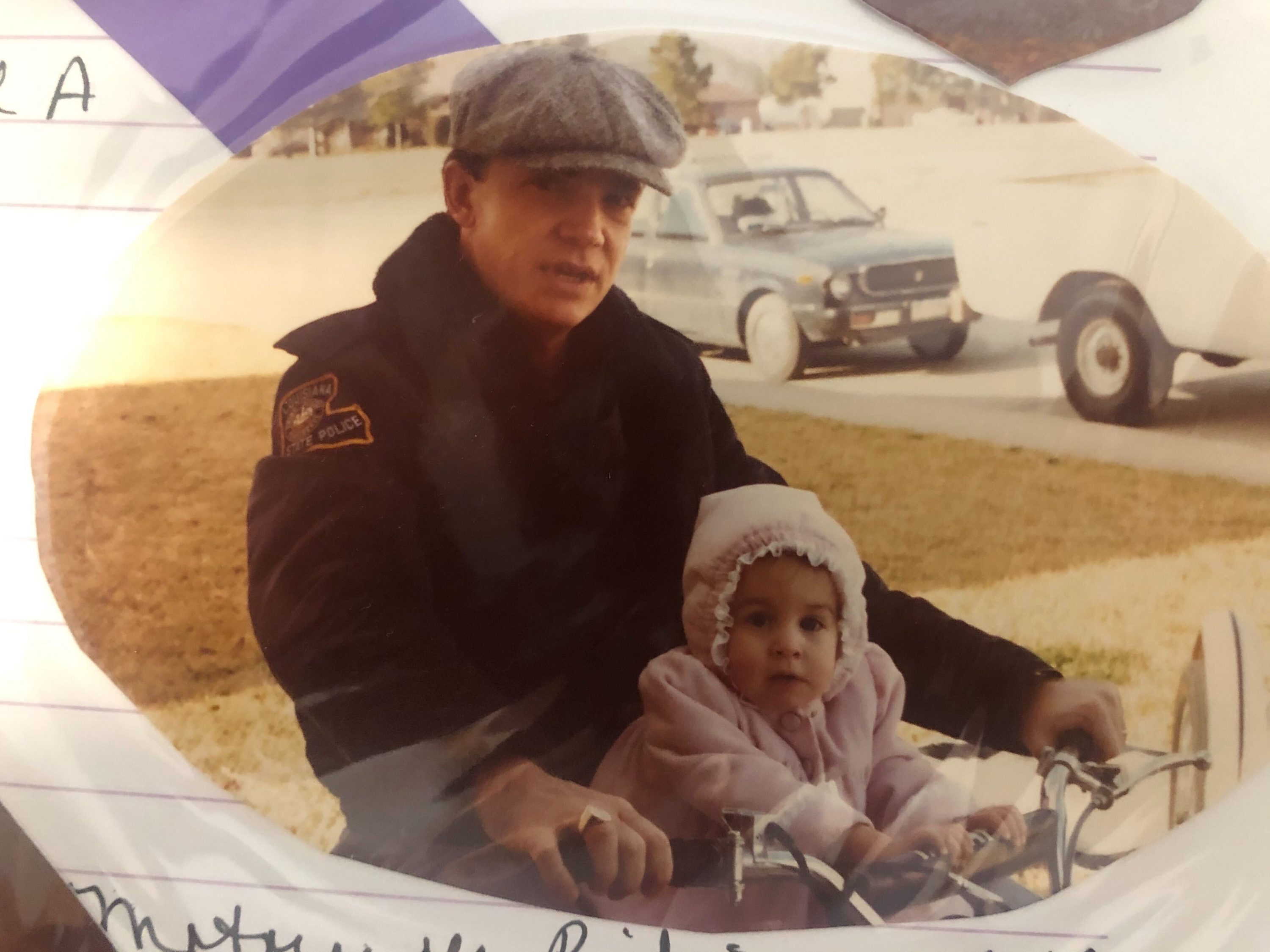
Russell Bruce
September 22, 2009
Zenobia Barrow
September 24, 2009Despite decades of breaking down barriers, the issue of race continues to play a critical – and sometimes uncertain – factor in how justice is perceived and administered in American society.
In Terrebonne Parish’s first-ever hate crime case, District Judge David Arceneaux decided a two-year suspended sentence for Charles Brunet, 26, and Dwayne Racine, 32 – both of whom are white – was enough for their role in the racially-motivated attack on Dedric Knight – a Houma black man – and set them free.
That Arceneaux decided to give Brunet and Racine essentially a get-out-of-jail-free card is enough to perplex even the average citizen that isn’t attuned to what goes on in the local judicial system.
An all-white jury, made up of five men and one woman, unanimously agreed that the two should be punished for their actions. However, of the four men initially charged with beating Knight, only one sits in jail today. Dustin Boudwin, 28, who was deemed the ring-leader in the assault, is serving a five-year sentence for the crime.
Peter Billiot, who was a minor at the time of the incident, was tried as a juvenile and later released.
The initial hearing against Racine and Brunet was dismissed because Knight was not present in the courtroom. Arceneaux was the presiding judge over that case, too.
Knight, along with his wife Vanessa, fought tooth and nail to get the charges reinstated. Fearing, the worse, they solicited the help of Terrebonne’s National Association for the Advancement of Colored People and the Terrebonne Parish District Attorney’s Office, and were successful.
Racine and Brunet returned to court and were convicted by a jury of their peers. Knight expected justice to be served. Surely Judge Arceneaux would hand down the maximum sentence? Unfortunately, he opted to overrule the jury’s verdict and impose his own sentence.
Astonished by the judge’s decision, the Knights contend the ruling was “a slap in the face,” and protested on Main Street last week.
The incident, however, is a harsh reminder for locals that racism continues to line the fabric of the South. In a country where justice is preached and we’re reminded to take responsibility for our actions, Dedric Knight’s experience is a reminder that our past is not so far behind us. And Judge Arceneaux’s decision to implement his own justice leaves all of us feeling vulnerable to hate.
Justice, like the people of our country, should be created equal. This case proves that not only is justice not blind, it is not colorblind either.





